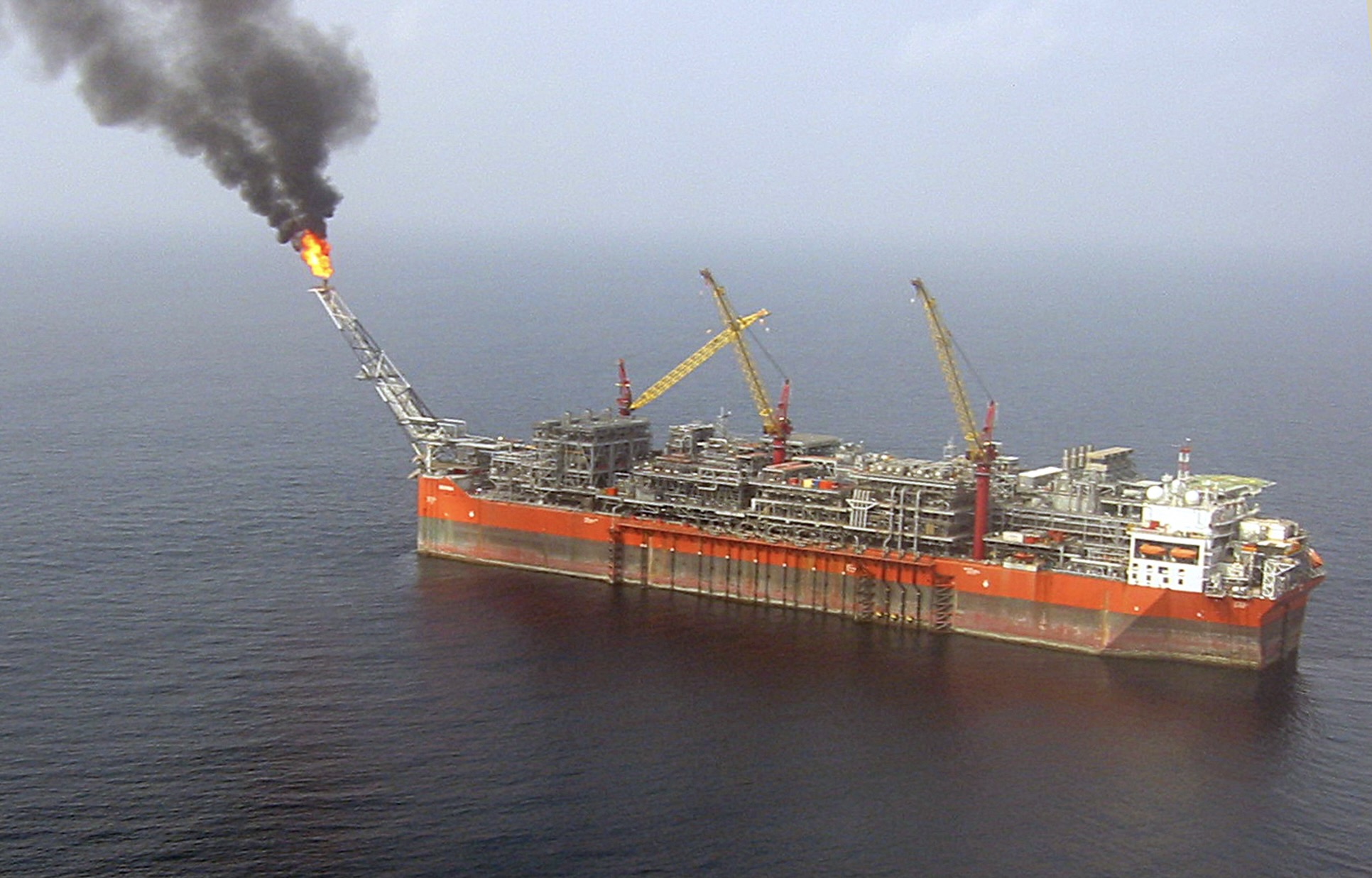A group of Nigerians want a trial against Royal Dutch Shell Plc in the U.K. for what they allege was a “cataclysmic” oil spill that wreaked havoc on their communities years later.

The pollution was caused by oil from the so-called Bonga Spill in 2011 but was only felt following flooding and storms three to four years after the initial mishap, say lawyers for Harrison Jalla and Abel Chujor, the two lead claimants in the lawsuit.
“This delayed impact from the cataclysmic Bonga Spill is a more credible explanation for the wave of pollution that swept across Delta and Bayelsa States from 2014,” Oba Nsugbe, Jalla and Chujor’s lawyer, said at a court hearing this week, calling the event an “environmental catastrophe.”
Shell’s lawyers said it was “implausible” that damage was suffered several years after the spill and the factual evidence was “littered with inconsistencies,” according to documents prepared for the hearing.
Lawyers for the Nigerians said the claim should be allowed by the U.K. court despite being time-barred by U.K. statues of limitations because of the delay in impact from the accident.
Shell has a fraught history in the West African nation, where frequent spills and challenging relationships with local communities have led it to reassess the future of its onshore and shallow water operations. These leaks, many of which Shell blames on sabotage and theft rather than mechanical failure, have destroyed the livelihoods of fishing and farming populations in the southeast of the country and have led to ongoing legal battles in Nigeria, the U.K. and the Netherlands.
“That pollution damage is far more likely to have been caused by oil from other spills or illegal refining,” Peter Goldsmith, Shell’s lawyer, said in the document.
The Bonga Spill led to as much as 40,000 barrels of oil being leaked into the Atlantic Ocean about 75 miles (120 kilometers) off the coast of Nigeria. Lawyers for the claimants allege that after the spill, the oil became stranded on the sea bed, in mangrove swamps and rivers, to then be spread in 2014 by storms and floods.
A spokesperson for Shell’s Nigerian unit said the spill was “highly regrettable” and that it was “swiftly contained and cleaned-up.” Shell also rejects the U.K.’s authority to hear the case.
